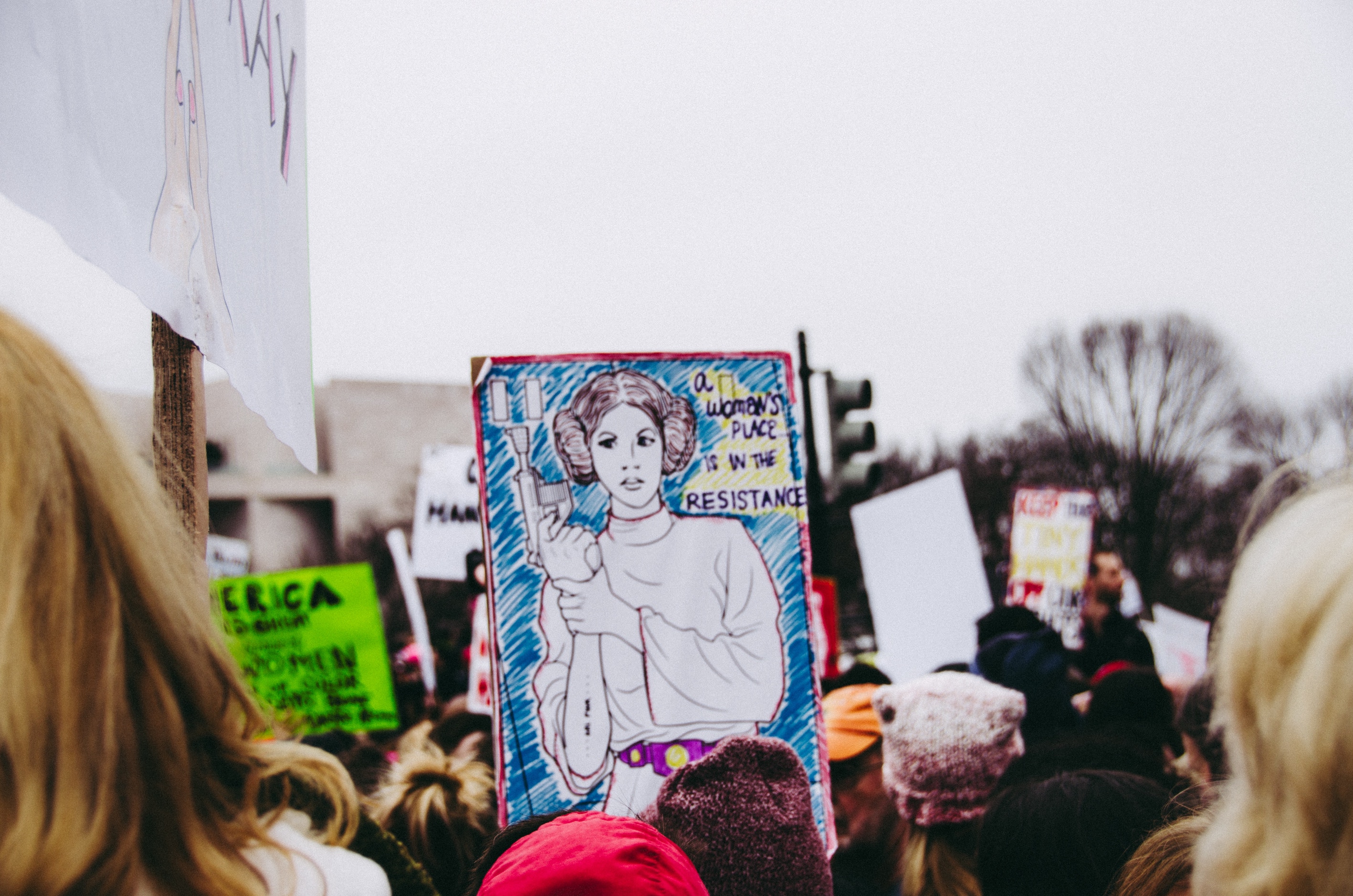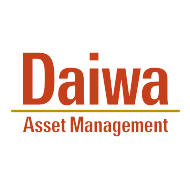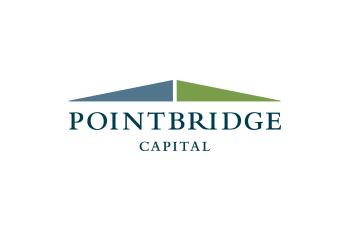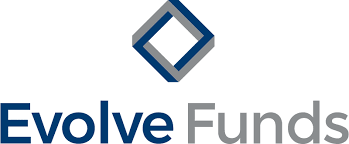Political ETFs, rising
Conventional wisdom holds that investing in politics is for fools - with much reason.
Democrats are often thought to be good for alternative energy. Yet eight years of Obama did very little for green investing. Despite dire warnings about Brexit, the FTSE 100 climbed to new highs in 2017. Investors thought Hilary Clinton was obviously the next president - until she obviously wasn't.
But if political investing is for fools, there are plenty of idiots in ETFs.
Today two new political ETFs launched in the US, in what is becoming one of the most interesting industry trends this year. They are the Democrat Policies Fund (DEMS) and the Republican Policies Fund (GOP). Both are offered by EventShares, a new issuer about which there is little publicly available information.
DEMS looks at which companies are most likely to benefit from Democrats and buys long the likely winners and shorts the likely losers. The Republican Policies Fund (GOP) does the same, but for Republican governments.
In sum, both funds do everything that investors are meant not to: they guess which way the political winds will blow; they then guess which businesses will benefit and they then put their money where their mouth is. Whether these products perform or attract any AUM remains to be seen.
But EventShares aren't the only ETF issuer doing this. Other companies are doing similar things, often taking the matter further.
Point Bridge, another new issuer, launched the GOP Stock Tracker this month, which puts together an index based on which companies poured the most money into political campaigns. The more money companies put in the more weighting they receive.
But perhaps the more interesting political tilt of ETFs has been the subtle one. Big and powerful issuers have been adjusting their issues to politics as well, albeit in significantly less obvious ways.
With the election of Trump, iShares quickly brought out inflation hedged ETFs, suggesting they were worried about higher spending. WisdomTree rolled out development ETFs that exclude Mexico, perhaps worried about the wall. This year has also seen the rise of infrastructure ETFs by issuers like Lyxor, in what might be regarded as a different interpretation on the promise to build a wall.
With inspiration big or small, politicised ETFs are on the rise. How they go we'll have to see. But at this stage, like politics itself, it is anyone's guess.
*****
Feminism
Japan is renowned for its conservative traditions and for its male-dominated workplaces.
Putting it in perspective, in the US roughly one in five board members of S&P 500 companies are women. But in Japan only one in twenty-five directors of TOPIX 30 companies are women.
But change is in the air.
Japan's Prime Minister Shinzo Abe has launched the so-called "20-30" programme, which aims to "increase the share of women in leadership positions to at least 30 percent by 2020 in all fields of society".
Japanese companies are going along with this. But so too are ETF issuers.
Daiwa Asset Management, one of the largest asset managers in Japan, is the first to get moving. Daiwa has listed three new socially responsible investing ETFs in Toyko, one of which tracks an index of large-cap Japanese companies weighted by how well women make out.
It does this via the MSCI Japan Empowering Women Index, whose top constituents are all TOPIX 30 companies like Astella, Mitsubishi and Bridgestone.
But the feminist ETFs are bigger than just Daiwa or, Japan.
State Street has launched SHE in the US in 2016, which tracks an in-house gender diversity index. Like its Japanese counterpart, SHE mostly tracks the biggest and most famous national companies, which are weighted by workplace flexibility, paid parental leave and women's prominence in the workplace.
And Canada too will get a gender diversity ETF, in this case from Evolve, a Canadian issuer.
*******






